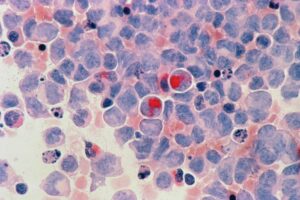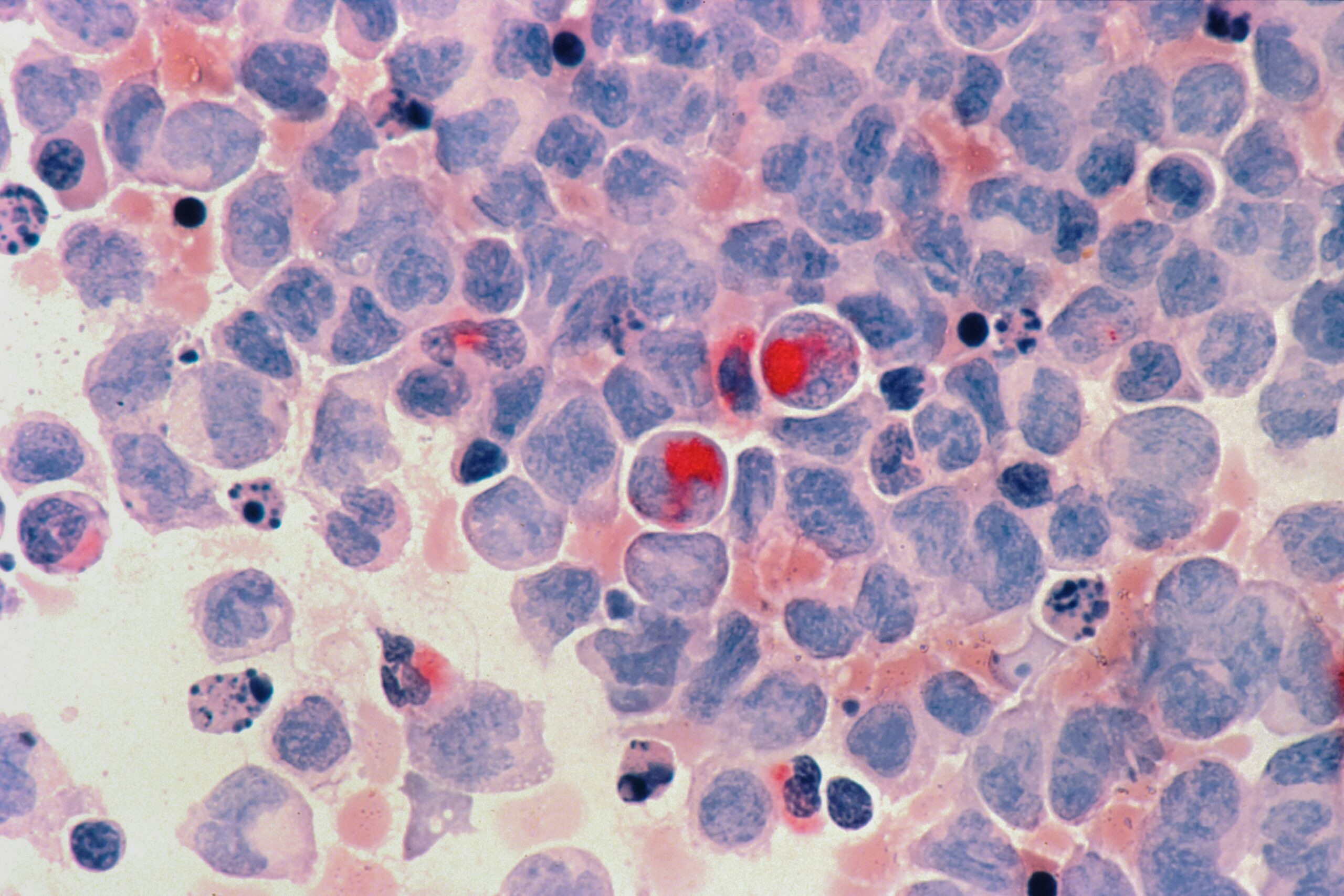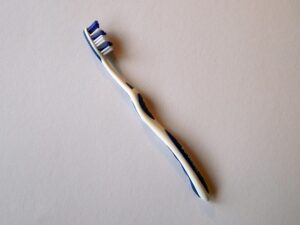
This is a test that measures the amount of 5-hydroxyindoleacetic acid or “5-HIAA” in the body.
5-HIAA is a byproduct of serotonin. Therefore, if it is increased in a patient, then this can be a sign of serotonin overproduction, which is often caused by carcinoid tumors. Carcinoid tumors are usually found in the digestive tract or lungs and can cause conditions like Carcinoid Syndrome and Carcinoid Heart Disease.
Carcinoid Syndrome
Not all carcinoid tumors will cause Carcinoid Syndrome, rather its usually seen with tumors in the more advanced stages. For those types of tumors, they can secrete harmful substances into the body which cause symptoms like redness/flushing, frequent diarrhea, difficulty breathing and rapid heartbeat. Some can even lead to Carcinoid Heart Disease, a condition which causes leaky heart valves and higher risk of heart failure.
5-HIAA Specimen of Choice: 24-Hour Urine
Once serotonin has been metabolized in the liver into 5-HIAA, it is then excreted through the kidneys into urine. For testing, a 24-hour urine collection is the standard specimen. This differs from a random urine collection because instead of a one time “sample”, you will be having to save all of your “samples” over an entire 24-hour period. Certain medications can cause falsely elevated or lower values, so your doctor will advise if its ok to stop those while preparing for this test. Additionally, certain foods that are rich in serotonin can cause falsely elevated results. Foods like bananas, pineapples, avocados, tomatoes` and walnuts just to name a few. Your doctor may ask you to abstain from these for a few days before you collect your specimen.
Potential for Future Blood Testing
There are certain drawbacks with the 24-hour urine process, since it is time consuming and inconvenient for the patient. Testing on blood specimens would seem a better alternative. Well, there have been recent studies comparing the accuracy of 24-hour urine vs. serum and it did show that results correlated well between the two specimen types. Consequently, we may see serum testing for 5-HIAA become available soon.
How long for 5-HIAA test results?
Results will take several days depending on your facility’s testing capabilities. For perspective, national laboratory chain Labcorp lists 4-8 days as the expected turnaround time on their website.
What do normal results look like?
In normal patients, this reference range is around 3-15 mg/24 hr, with women generally having lower levels than men.
If 5-HIAA levels are elevated above that, other tests like Serotonin Assay, Chromagraffin A levels, and Octreotide Scans may be ordered by the doctor to help confirm a carcinoid tumor diagnosis. This is because other conditions besides carcinoid tumors can be the cause for elevation.
If results are below the expected range, this is usually due to other issues like constipation or mental health disorders. One 2019 study found that conditions like depression, schizophrenia, Alzheimer’s, mild cognitive impairment and delirium all showed reduced levels of 5-HIAA (Hridya Jayamohananan, 2019).
Conclusion
5-HIAA is a valuable tool in helping doctors diagnose carcinoid tumors. Factors such as medications and dietary choices are pre-analytical factors which have huge potential impact on results, so proper education of the patient prior to sample submission is critical for success.
References
5-Hydroxyindoleacetic Acid (HIAA), Quantitative, 24-Hour Urine. (2023, September). Retrieved from Labcorp: https://www.labcorp.com/tests/004069/5-hydroxyindoleacetic-acid-hiaa-quantitative-24-hour-urine
Hridya Jayamohananan, M. K. (2019). 5-HIAA as a Potential Biological Marker for Neurological and Psychiatric Disorders – PubMed (nih.gov) 374-381.
Lenchner, J. R., & Santos., C. (2023, May). Biochemistry, 5 Hydroxyindoleacetic Acid. National Library of Medicine. Retrieved from https://www.ncbi.nlm.nih.gov/books/NBK551684/











